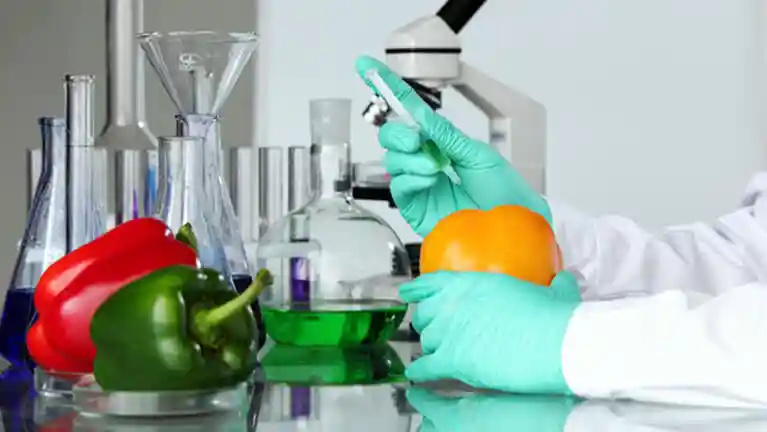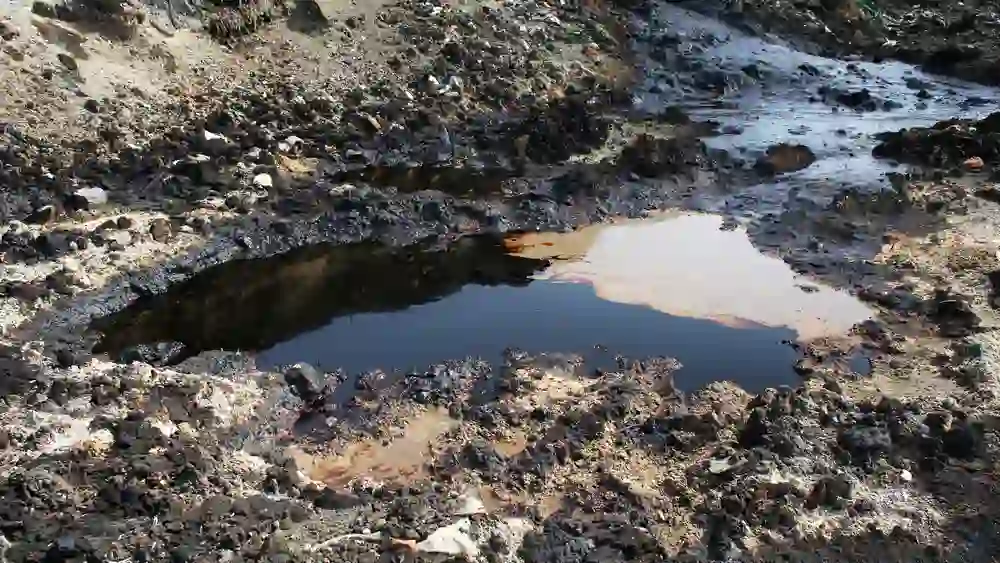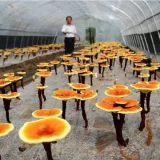Food is essential for life, so food safety is a fundamental human right. World’s bills risk unsafe food. Many millions get sick while hundreds die. The food chain starts to form to fork/plate. At the same time, challenges include microbial, chemical, Personal, and environmental sanitation, include: historically documented human tragedy and economic disaster caused by unintentional or unintentional personal behavior’s to consume contaminated food, and the failure of the government to protect food quality and safety, while the former events were mainly chemical contaminants, the recent explosions were caused by microbial agents. The disability given to these agents is under the age of 5 years. It is most disastrous for the elderly and the sick.
Early and correct identification of health factors is necessary to ensure food security and prevent unnecessary food-borne diseases. Culture-based tests are replaced by fast and sensitive culture-independent diagnostics, antigen-based cases, and polymerase chain reaction (PCR) panels. The DNA or protein of nucleic microbes such as nucleic acids, antibodies, and other biomarkers may find ASCII analysis. Food manufacturers, distributors, while consumers are the primary responsibility of operators and vendors, the government agencies should be vigilant and literate to protect public and personal health. Health care providers should be implemented food safety laws. Billions of people of the world risk unsafe food. Many millions get sick while hundreds of thousands die every year. So, Safe food saves the lives of the people and the population; safe food improves the region’s economic development where food safety is practiced and enhanced. Safe food supplies depend both on sound science and equitable law enforcement. Due to technological advancements, new regulations should be made to preserve a continuous supply of food products that are safe and fully capable of the health and healthy – being of the people.
With improved living standards, food safety and potential contaminants will continue to be an essential health issue. Consumers ask for the quality and protection of the products they consume because food and nutrients in the form of energy are required to sustain life. In general, all food products are safe and sold to what they are sold as they claim. For example, a jar of olive oil, which has precisely the same label as a 100% virgin olive oil, has the same label as natural trace elements. Which are part of olive oil and cannot be eradicated.
The challenges and calamities of food safety include chemical, biological, personal hygiene, and environments. Historically speaking, the events of food products contaminated with industrial pollutants have been well mentioned. Japan, Iraq, the United States, and other countries have experienced incidents where hundreds and thousands of people fell ill or died. The most well-known is mini math disease (methyl para poisoning), first discovered in the Kumamoto prefecture in 1956 around the mini matha bay. The symptoms of Agatha prefecture, another epidemic occurred in Japan in 1965 by the river Agnon. The symptoms caused toxicity on the methyl mercury (methyl mercury) and its use by the fish.
Before 1960, local people in the jeans river basin in Japan got a late-it disease because its inhabitants consumed high-grade rice, cadmium. In 1961, an investigation laid down that Mitsui mining and Kamiyaka mining station caused cadmium pollution, and the worst affected area was 30 km below the mine.











